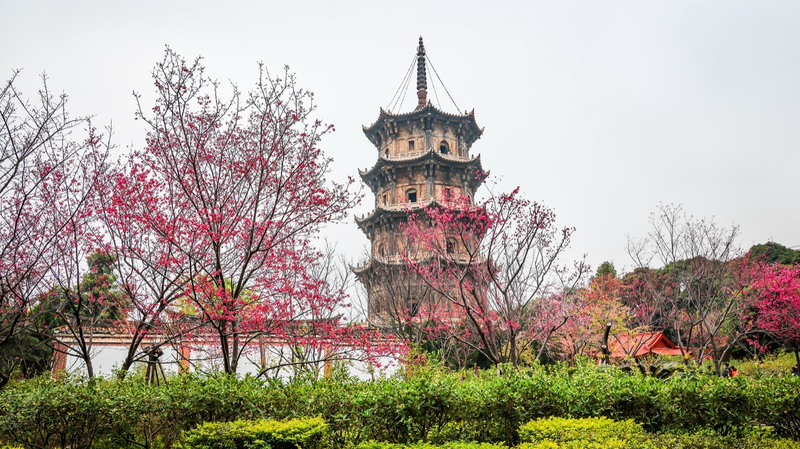In Quanzhou, a port once known as the largest in the East during the Song and Yuan dynasties, history comes alive in stone and prayer. A few years ago, I joined a South African journalist to explore this thriving maritime emporium on the ancient Maritime Silk Road. In one afternoon, we stepped from a Confucian temple to a mosque, then into a Christian church—three houses of worship within walking distance.
When my colleague quipped, "Why do Chinese people have so many gods?" I smiled: "It's not that we have so many gods; we simply honor many beliefs." Wandering among centuries-old monuments, we could almost hear echoes of traders and monks from Arabia, India, and Europe, all living side by side in mutual respect. Quanzhou is a microcosm of civilizational coexistence—proof that the strength of a culture lies in its willingness to listen.
Long before "globalization" trended on social media, the Silk Roads—overland and maritime—linked continents. Camel caravans left Chang'an, known today as Xi'an in the Chinese mainland, carrying not just silk and tea but also philosophies, medical theories, and dreams of connection. Zhang Qian's Han Dynasty mission became a spark that set the world alight: from India, Buddhism found Chinese soil; from the Chinese mainland, paper-making and printing journeyed west, later fueling the European Renaissance.
The Tang Dynasty (618–907) stands out as one of history's most cosmopolitan eras. Beyond its economic might and artistic brilliance, it flourished because it embraced foreign music, fashion, and ideas. Visitors from Persia, India, and Central Asia converged in China, while Greek mathematics and Babylonian astronomy flowed in, transforming its intellectual landscape.
As the Chinese philosopher Mencius observed: "Things are not all the same. That is the true nature of things." Diversity, he taught, is not a flaw but a force that drives human progress. Civilizations, like rivers, rise, merge, and adapt—shaping one another in the process.
Today, young global citizens, entrepreneurs, thought leaders, and digital nomads can draw from this legacy of dialogue. In business, culture, and travel, our greatest innovations come when we honor diverse perspectives. What conversations are you having—online or on the road—that reshape your world? Share your story and keep the dialogue going.
Reference(s):
cgtn.com




